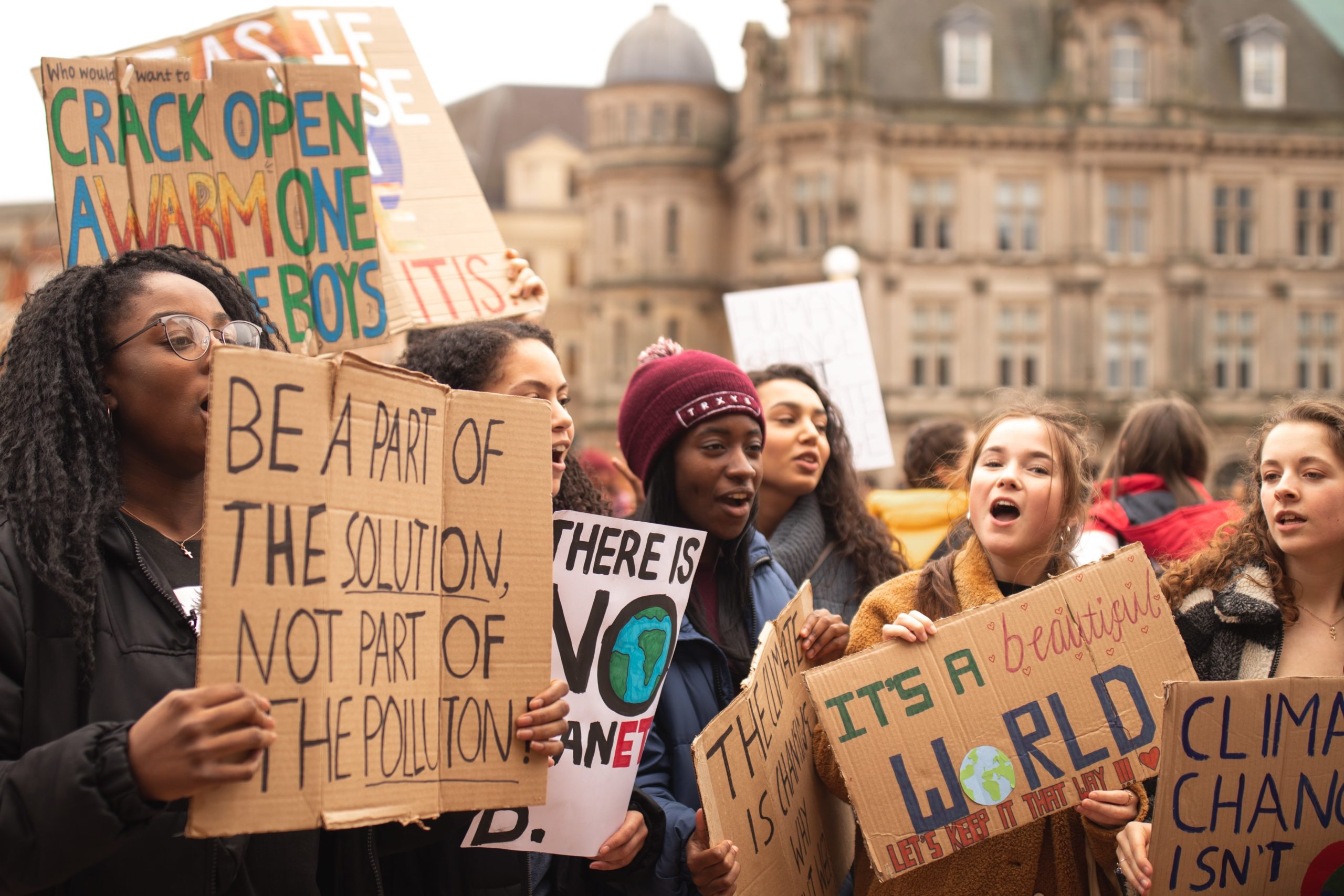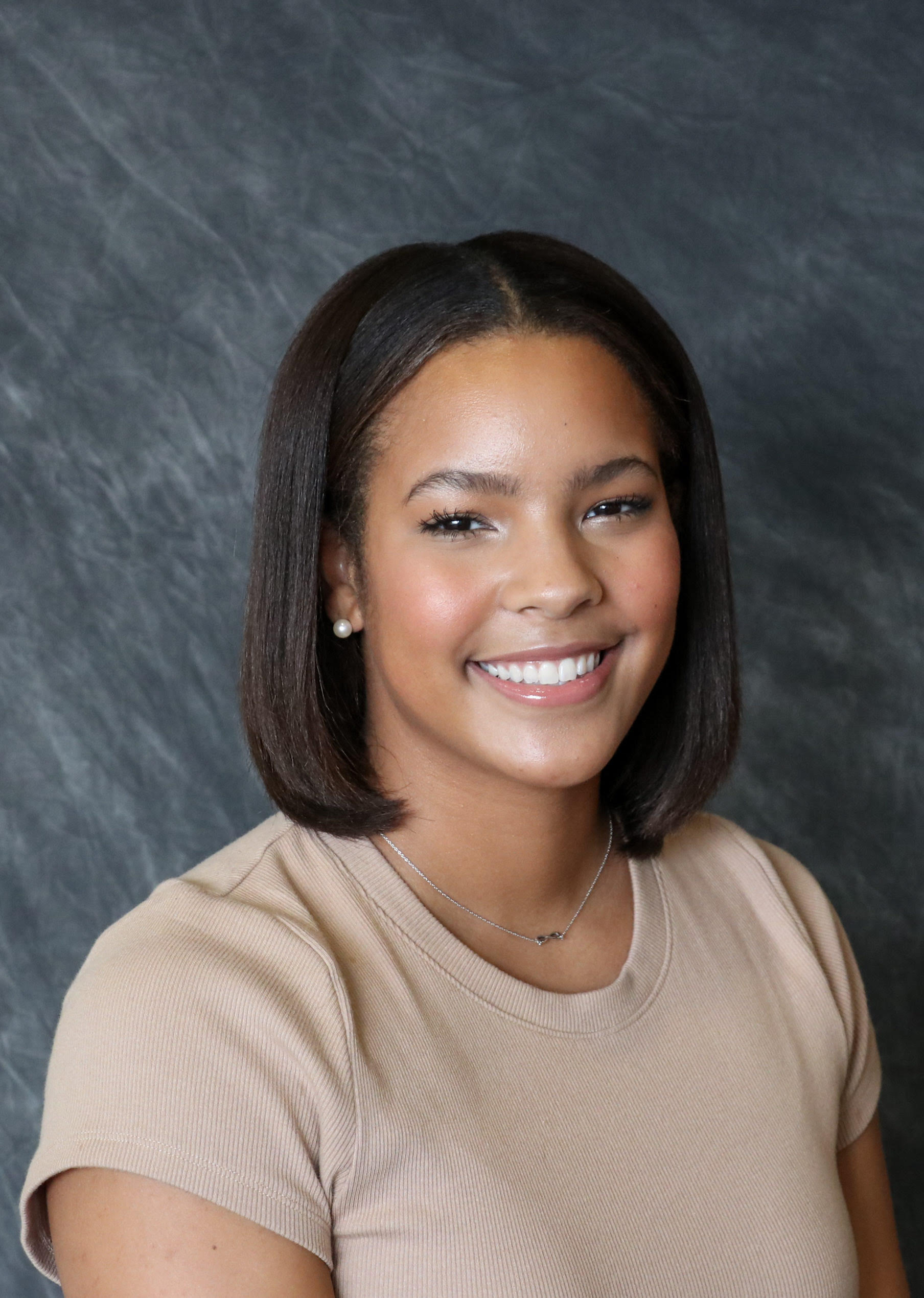 With the amount of college students trading in their diplomas for the moniker of aspiring PR professional increasing by the day, I am starting to have flashbacks to my college years.
With the amount of college students trading in their diplomas for the moniker of aspiring PR professional increasing by the day, I am starting to have flashbacks to my college years.
The writing tests; the professors who immediately taught you that ‘Buzzword Bingo’ would be expected in the random conference room; the coiled binders teeming with copious notes. This, for many, is the collegiate PR experience. And while the foundation and preparation provide clear value, you might have already figured out that a few things got through the cracks of said serpentine notebook—questions that you have been a little uneasy to ask about.
It’s with that in mind that I decided to put together the top five questions recent grads (and young PR pros) might have about the industry, but are afraid to ask…
1. Who started this thing anyway?
The origin of our industry can be tracked to Edward Bernays, who was a propagandist during World War I, and a member of the Creel Committee created by President Woodrow Wilson in 1917. The committee (officially known as the Committee on Public Information) was spearheaded by journalist George Creel. In that group was Bernays, who was the most strategic at developing the U.S. effort to gain support for the war. That was all it took—someone writing something that caused others to talk. That was the birth of public relations.
2. Why are there different sized agencies?
Whether you’re applying to work at an agency or find yourself in house at some point looking for the right agency, it’s important to know the benefits of each size: Many “Boutique” agencies are known for have a singular industry focus (example: automotive), and PR professionals at boutique agencies are often willing to wear as many hats as needed to get the job done. At the mid-sized level, specialty begins to come into focus with an array of account directors, earned media gurus (the rogue digital specialist) and others who can navigate a media list faster than Columbus can find the West Indies… America. The large agencies are borderless, globally connected and can do anything any brand needs. They can storyboard the video, cast the video, script and shoot the video, edit the video, animate the video, pitch the video, and develop the influencer relations to help it go viral. They have bandwidth, expertise and foresight.
3. Is PR the same as advertising?
Common question, and often left on the classroom floor. In a word, “No.” It’s been said that “People pay for advertising; they pray for PR.” They are distinct in nature, and both are a facet of marketing. If you like control of placement and position, advertising is your thing. If you enjoy the unpredictable, unfathomable and unstoppable siege of media relations, then PR is for you. But you knew that already. Now, about paid digital media—in PR? Well, that’s another blog topic. Moving on.
4. Should social media be separate from PR?
Another common question and, yet again, the answer is a resounding, “No.” With the advent of social media, and this Internet thing that is sure to catch on, clients look to their favorite search engine before any print publication to see their brand name in lights. As early as a few years ago, there were hybrids in PR who dabbled a little in social media but still could pitch through a media list. They were the misanthropes set back in the corner, but people knew they were on to something. Today, those quirky individuals are known as “digital folks”—and they are instrumental to nearly every account an agency serves. That’s why there is no separation. There is “traditional” or “earned” media, and “social” or “digital” media—and both must be intrinsically linked to create break through campaigns.
5. Is this a good job?
You may be surprised, but “No” again. If you are looking for a “job” in this industry, you may need to call your college counselor. This is a career, without question. You have to be dedicated to it because you have not chosen the path of the banker or government employee. 9-to-5 is only what we do for meetings. The rest of our time is spent creating whimsy, researching the media and monitoring trends. If you want a job, enjoy your placement in the agency because that’s where you are staying. If you desire a career, let your actions be seen, your interests be heard and your work be known.
Any recent grads or young PR pros out there with a question not listed above? Feel free to leave them in the comments below and check out our open positions on Ketchum.com!


